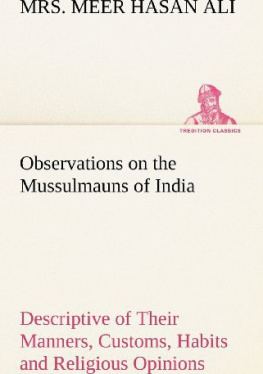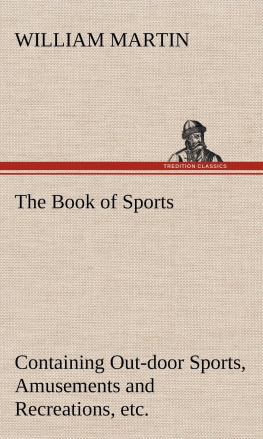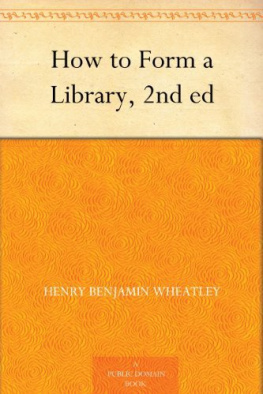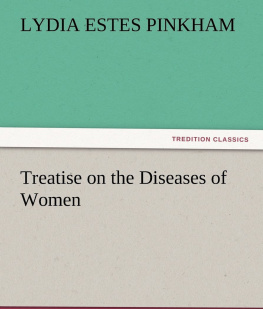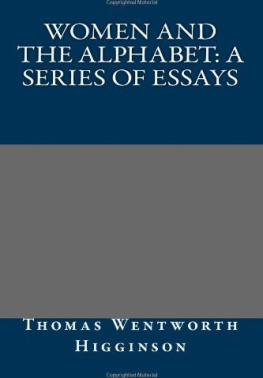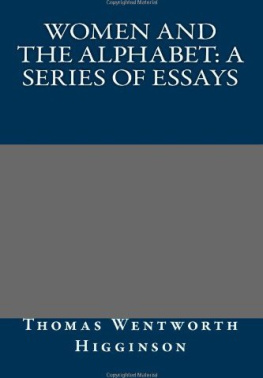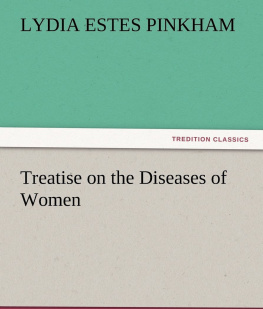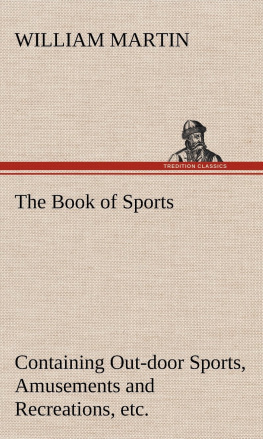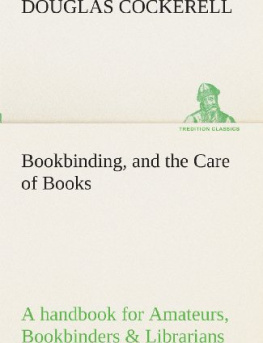The Project Gutenberg eBook, Observations on the Mussulmauns of India, byMrs. Meer Hassan Ali, et al, Edited by W. Crooke
This eBook is for the use of anyone anywhere at no cost and withalmost no restrictions whatsoever. You may copy it, give it away orre-use it under the terms of the Project Gutenberg License includedwith this eBook or online at www.gutenberg.net
Title: Observations on the Mussulmauns of India
Author: Mrs. Meer Hassan Ali
Release Date: August 7, 2004 [eBook #13127]
Language: English
***START OF THE PROJECT GUTENBERG EBOOK OBSERVATIONS ON THE MUSSULMAUNS OFINDIA***
E-text prepared by Allen Siddle and Project Gutenberg DistributedProofreaders from images provided by the Million Book Project
OBSERVATIONS ON THE MUSSULMAUNS OF INDIA
Descriptive of Their Manners, Customs, Habits and Religious Opinions
Made During a Twelve Years' Residence in Their Immediate Society
by
MRS. MEER HASSAN ALI
Second Edition, Edited with Notes and an Introduction by W. Crooke
1917
WITH SENTIMENTS OF GRATITUDEAND PROFOUND RESPECTTHE FOLLOWING PAGES ARE HUMBLY DEDICATED,WITH PERMISSION,
TO HER ROYAL HIGHNESSTHE PRINCESS AUGUSTA;
BY HER ROYAL HIGHNESS'SMOST OBEDIENT,FAITHFULLY ATTACHED,AND VERY HUMBLE SERVANT,
B. MEER HASSAN ALI.
[1832.]
PREFACE TO THE SECOND EDITION
In the present reprint the text of the original edition of this work hasbeen reproduced without change, even the curious transliterations of thevernacular words and phrases having been preserved. The correct forms ofthese, so far as they have been ascertained, have been given in the Notesand in the Index-Glossary. I have added an Introduction containing anaccount of the authoress based on the scanty information available, and Ihave compiled some notes illustrating questions connected with Islamand Musalman usages. I have not thought it necessary to give detailedreferences in the notes, but a list of the works which have been used willbe found at the end of the text. As in other volumes of this series, thediacritical marks indicating the varieties of the sound of certain lettersin the Arabic and Devanagari alphabets have not been given: they areunnecessary for the scholar and serve only to embarrass the general reader.
I have to acknowledge help from several friends in the preparation of thisedition. Mr. W. Foster, C.I.E., has supplied valuable notes from the IndiaOffice records on Mir Hasan 'Ali and his family; Dr. W. Hoey, lateI.C.S., and Mr. L.N. Jopling, I.C.S., Deputy-Commissioner, Lucknow, havemade inquiries on the same subject. Mr. H.C. Irwin, late I.C.S., hasfurnished much information on Oudh affairs in the time of the Nawabi.Sir C.J. Lyall, K.C.S.I, C.I.E., and Professor E.G. Browne, M.A., havepermitted me to consult them on certain obscure words in the text.
W. CROOKE.
INTRODUCTION
Very little is known about the authoress of this interesting book. She isreticent about the affairs of her husband and of herself, and inquiriesrecently made at Lucknow, at the India Office, and in other likelyquarters in England, have added little to the scanty information wepossess about her.
The family of her husband claimed to be of Sayyid origin, that is to say,to be descended from the martyrs, Hasan and Husain, the sons of Fatimah,daughter of the Prophet, by her marriage with her cousin-german, 'Ali.The father-in-law of the authoress, Mir Haji Shah, of whom shespeaks with affection and respect, was the son of the Qazi, orMuhammadan law-officer, of Ludhiana, in the Panjab. During hisboyhood the Panjab was exposed to raids by the Mahrattas and incursions ofthe Sikhs. He therefore abandoned his studies, wandered about for a time,and finally took service with a certain Rajawhere she does not telluswho was then raising a force in expectation of an attack by the Sikhs.He served in at least one campaign, and then, while still a young man,made a pilgrimage thrice to Mecca and Kerbela, which gained him the titleof Haji, or pilgrim. While he was in Arabia he fell short of funds,but he succeeded in curing the wife of a rich merchant who had longsuffered from a serious disease. She provided him with money to continuehis journey. He married under romantic circumstances an Arab girl namedFatimah as his second wife, and then went to Lucknow, which, under therule of the Nawabs, was the centre in Northern India of the Shi'ahsect, to which he belonged. Here he had an exciting adventure with a tigerduring a hunting party, at which the Nawab, Shuja-ud-daula, waspresent. He is believed to have held the post of Peshnamaz, or 'leaderin prayer', in the household of the eunuch, Almas 'Ali Khan, whois referred to by the authoress.
His son was Mir Hasan 'Ali, the husband of the authoress. Thetradition in Lucknow is that he quarrelled with his father and went toCalcutta, where he taught Arabic to some British officers and gained aknowledge of English. We next hear of him in England, when in May 1810 hewas appointed assistant to the well-known oriental scholar, JohnShakespear, professor of Hindustani at the Military College, Addiscombe,from 1807 to 1830, author of a dictionary of Hindustani and othereducational works. Mention is made of two cadets boarding with MirHasan 'Ali, but it does not appear from the records where he lived.After remaining at the College for six years he resigned his appointmenton the ground of ill-health, with the intention of returning to India. Hemust have been an efficient teacher, because, on his resignation, the EastIndia Company treated him with liberality. He received a gift of 50 as areward for his translation of the Gospel of St. Matthew, and from theCourt minutes it appears that on December 17, 1816, it was resolved togrant him 100 guineas to provide his passage and 100 for equipment.Further, the Bengal Government was instructed to furnish him on hisarrival with means to reach his native place, and to pay him a pension ofRs. 100 per mensem for the rest of his life.[1]
A tradition from Lucknow states that he was sent to England on a secretmission, 'to ask the Home authorities to accept a contract of Oudh directfrom Nasir-ud-din Haidar, who was quite willing to remit the moneyof contract direct to England instead of settling the matter with theBritish Resident at Lucknow'. It is not clear what this exactly means. Itmay be that the King of Oudh, thinking that annexation was inevitable, mayhave been inclined to attempt to secure some private arrangement with theEast India Company, under which he would remain titular sovereign, payinga tribute direct to the authorities in England, and that he wished toconduct these negotiations without the knowledge of the Resident atLucknow. There does not seem to be independent evidence of this mission ofMir Hasan 'Ali, and we are told that it was, as might have beenexpected, unsuccessful.
No mention is made of his wife in the official records, and I have beenunable to trace her family name or the date and place of her marriage.Mir Hasan 'Ali and his wife sailed for Calcutta, and travelled toLucknow via Patna. She tells little of her career in India, save that shelived there for twelve years, presumably from 1816 to 1828, and thateleven years of that time were spent in the house of her father-in-law atLucknow. In the course of her book she gives only one date, September 18,1825, when her husband held the post of Tahsildar, or sub-collectorof revenue, at Kanauj in the British district of Farrukhabad. Norecords bearing on his career as a British official are forthcoming.Another Lucknow tradition states that on his arrival at the Court of Oudhfrom England he was, on the recommendation of the Resident, appointed to apost in the King's service on a salary of Rs. 300 per annum. Subsequentlyhe fell into disgrace and was obliged to retire to Farrukhabad withthe court eunuch, Nawab Mu'tamad-ud-daula, Agha Mir.
Next page
